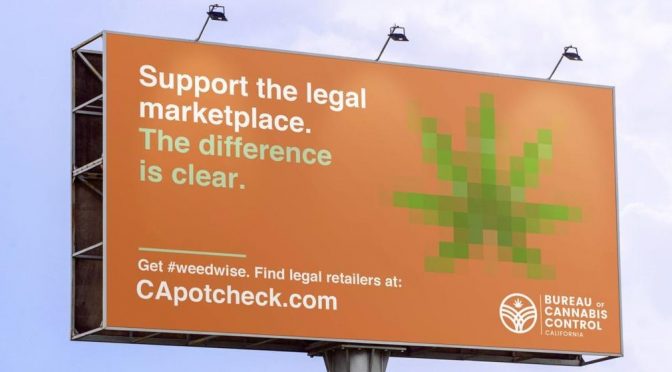Many people tell us that the solution to the problems of marijuana legalization is “regulating,” so that the stronger stuff will no longer be sold. Let’s go back to the marijuana of the 60s, 70s, 80s and 90s, they say. (THC levels had skyrocketed from 3.6% in the 1990s to around 20% in Colorado and more than 20% in Washington.) Can states regulate marijuana?
Since states are the “laboratories of democracy,” and several states have had legalization for years, we can evaluate whether or not regulation works.
The answer is no. Colorado and Washington, the first two states to legalize, prove the point. How ironic that Colorado’s pot lawyer, Robert Corry, appears to have suffered from a psychotic break. Corry helped bring legal pot to the state, and represented marijuana legal interests. 
In 2016, 80% of Coloradans supported a ballot to cap psychoactive component of marijuana of and set a limit of 16% THC. Filmmaker Jane Wells explained what happened in a recent editorial for Crain’s New York Business: “The industry rallied and deployed its wealth to defeat this proposed sensible regulation. In the years since, the cannabis lobby has grown in Colorado and around the country, and cannabis regulations keep sunsetting. In Colorado, cannabis is minting millionaires left and right, and they are spending their money on fighting regulations and growing the state’s income.”
Last October, the Washington Liquor and Cannabis Board announced a plan to end the production of cannabis-infused gummy bears and candies that appeal to children. The WLCB was responding to the problem of 82 calls cases of cannabis exposure in children ages 0-5, in 2017. However, the regulating agency responded to angry opposition from the industry and abandoned the new rules.
Driving issues increase, too
Also in Washington, poly-drug users are now the most common type of impaired drivers involved in fatal crashes. Cannabis and alcohol is the most common combination of poly-drugs among drivers in fatal crashes. One of every four poly-drug drivers in fatal crashes tested positive for both delta-9 THC and alcohol.
Oregon and California struggle to regulate
Oregon and California woke up to the fact that their rules also haven’t worked. Because of oversupply in Oregon, the state is trying to cap the number of growers and export to other states.
California launched 1.7 million dollar advertising campaign to attract people to use regulated marijuana stores, instead of the black market marijuana.
Advocates claimed that one of the benefits of legalizing recreational marijuana would make black market will disappear. The opposite is happening. States that have legalized pot have the strongest black markets. Foreign cartels buy up homes for growing marijuana, often going unnoticed.
Large-scale marijuana growing turns up problems of pesticides, rodenticides, fungus, mold and heavy metals. Read Journey of a Budtender, a story that takes place in Massachusetts, a state known for regulation.
Think about all the LegalLies the pot industry told us to get our vote for legalization.
Filmmaker Wells, also a Human Rights activist, wrote that New York’s failure to legalize is a “blessing in disguise.”
She made a film titled Pot Luck: The Altered State of Colorado. SAM published its third evaluation of marijuana legalization, Lessons Learned.

